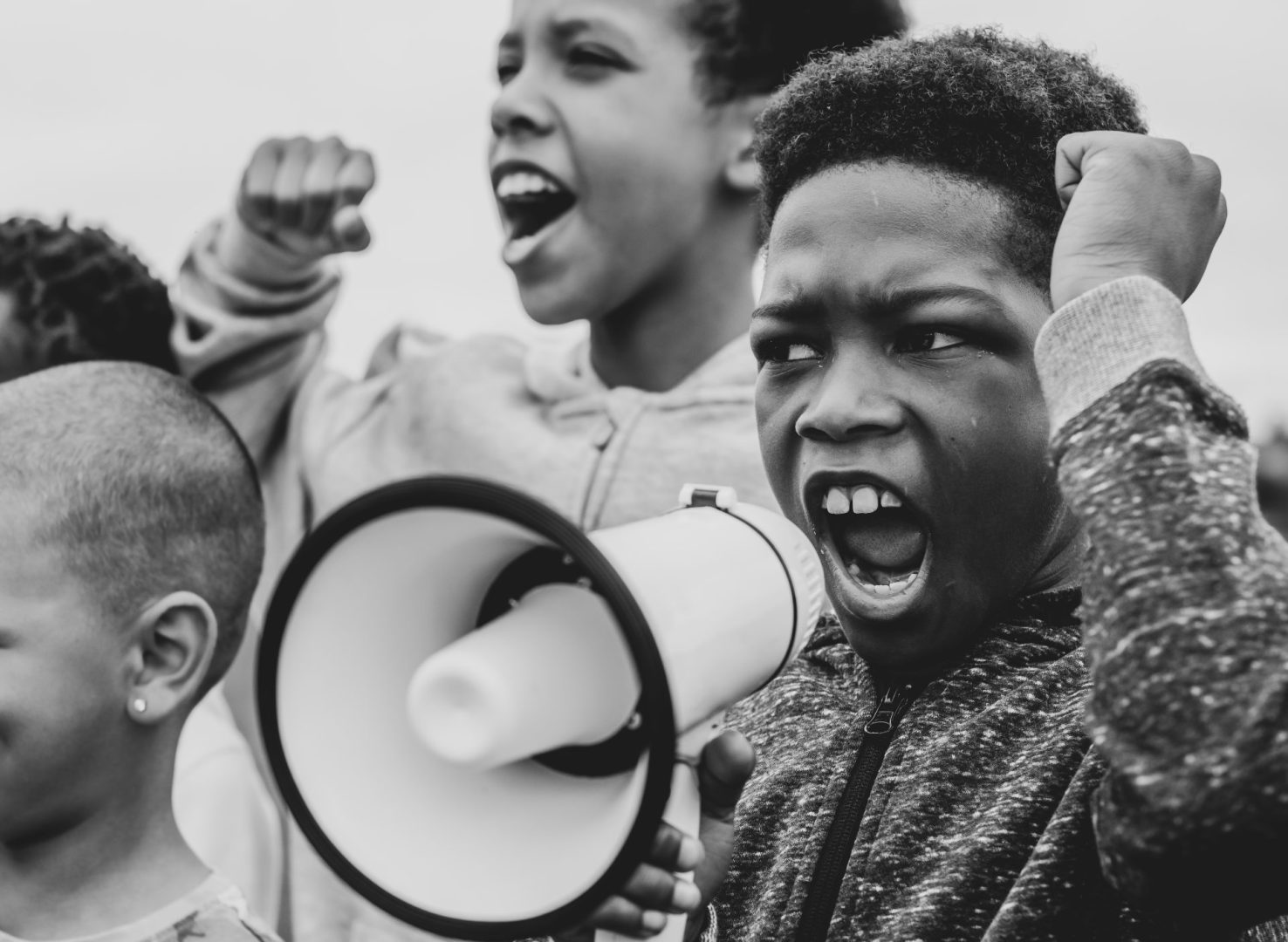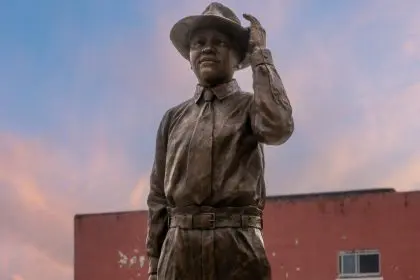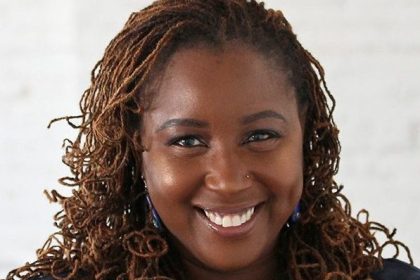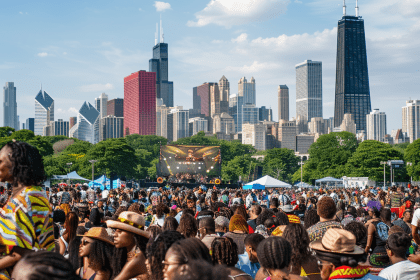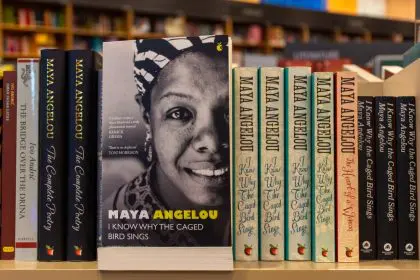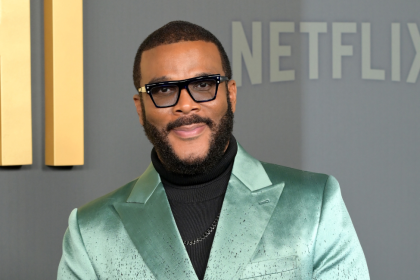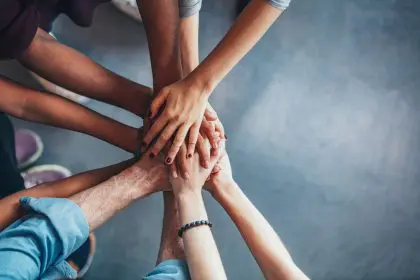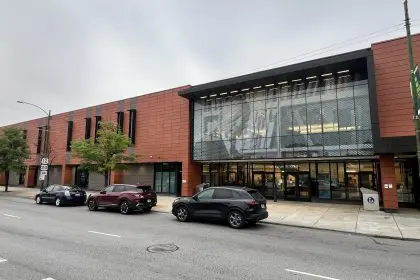The landscape of civil rights activism has evolved significantly since the 1960s, with a new generation of leaders emerging to address contemporary challenges. These modern champions combine traditional advocacy methods with innovative approaches, leveraging technology and social media to amplify their message while confronting persistent systemic inequalities.
Legal warriors for justice
Ben Crump has become synonymous with the fight against police violence. The North Carolina native rose to national prominence through his representation of Trayvon Martin’s family and continues to serve as a voice for victims of racial injustice. His work extends beyond individual cases, addressing broader patterns of systemic discrimination within law enforcement and the justice system.
Lee Merritt approaches civil rights advocacy through strategic legal action. Based in Los Angeles, his representation of families in high-profile cases has helped expose patterns of police misconduct while pushing for institutional reforms. His work combines courtroom advocacy with public education, helping communities understand their rights and the mechanisms for seeking justice.
Kristen Clarke brings her expertise to the highest levels of government as Assistant Attorney General for Civil Rights. Her Jamaican heritage informs her perspective on American civil rights, contributing to a more nuanced understanding of racial justice. Clarke’s work emphasizes the importance of equitable treatment under law while addressing voting rights violations and discrimination.
Organizational leadership and advocacy
Derrick Johnson guides the NAACP through contemporary challenges as its president and CEO. The Detroit native has expanded the organization’s focus to address emerging issues, including the disproportionate impact of COVID-19 on Black communities. His leadership style emphasizes data-driven advocacy while maintaining the NAACP’s grassroots connection.
Al Sharpton continues his decades-long commitment to civil rights through the National Action Network. Beginning his activism at age 13, Sharpton has evolved from a youth organizer to a national figure, adapting his approach while maintaining his core focus on social justice. His organization provides practical support to communities while advocating for systemic change.
Education and policy reform
Bryan Stevenson transforms the conversation around criminal justice through the Equal Justice Initiative. His creation of the Legacy Museum and National Memorial for Peace and Justice in Montgomery provides physical spaces for confronting America’s history of racial terror. These institutions serve as educational resources while connecting historical injustices to contemporary challenges.
Michelle Alexander’s scholarly work exposes systemic racism in criminal justice. Her book “The New Jim Crow” has become essential reading for understanding modern discrimination, influencing policy discussions and inspiring new generations of activists. Her research combines historical analysis with contemporary data, revealing persistent patterns of inequality.
Grassroots organizing and voter engagement
LaTosha Brown leads the fight for voting rights through the Black Voters Matter Fund. Growing up in Selma, Alabama, she witnessed voter suppression firsthand, inspiring her current work to expand political participation. Her organization combines practical voter assistance with broader advocacy for electoral reform.
Brittany Packnett Cunningham represents a new generation of tech-savvy activists. The St. Louis native co-founded Campaign Zero, using data analysis and policy research to combat police violence. Her work demonstrates how modern civil rights advocacy can leverage technology while maintaining community connections.
Legal education and institutional change
Sherilynn Ifill combines academic expertise with practical advocacy as a professor at Howard Law School and former NAACP Legal Defense Fund president. Her influence extends beyond the classroom, shaping civil rights law while training future advocates. Her recognition among TIME’s most influential people reflects her impact on both legal education and policy reform.
Impact and future directions
These leaders represent diverse approaches to civil rights advocacy, from courtroom litigation to community organizing. Their work addresses both immediate needs and systemic challenges, combining traditional civil rights tactics with modern methods and technologies.
Their influence extends beyond individual achievements, inspiring new generations of activists and advocates. Through mentorship, education and example, they help ensure continuity in the civil rights movement while adapting to contemporary challenges.
Contemporary challenges and responses
Modern civil rights leaders face unique challenges, including digital disinformation, algorithmic discrimination and sophisticated voter suppression tactics. Their responses demonstrate adaptability, using social media, data analysis and coalition building to counter these threats.
These leaders increasingly emphasize intersectional approaches, recognizing how race intersects with gender, class and other identity factors. This comprehensive perspective enables more effective advocacy while addressing complex patterns of discrimination.
While building on historical civil rights achievements, these leaders forge new paths for justice and equality. Their work demonstrates how civil rights advocacy continues evolving while maintaining its core focus on human dignity and equal rights.

